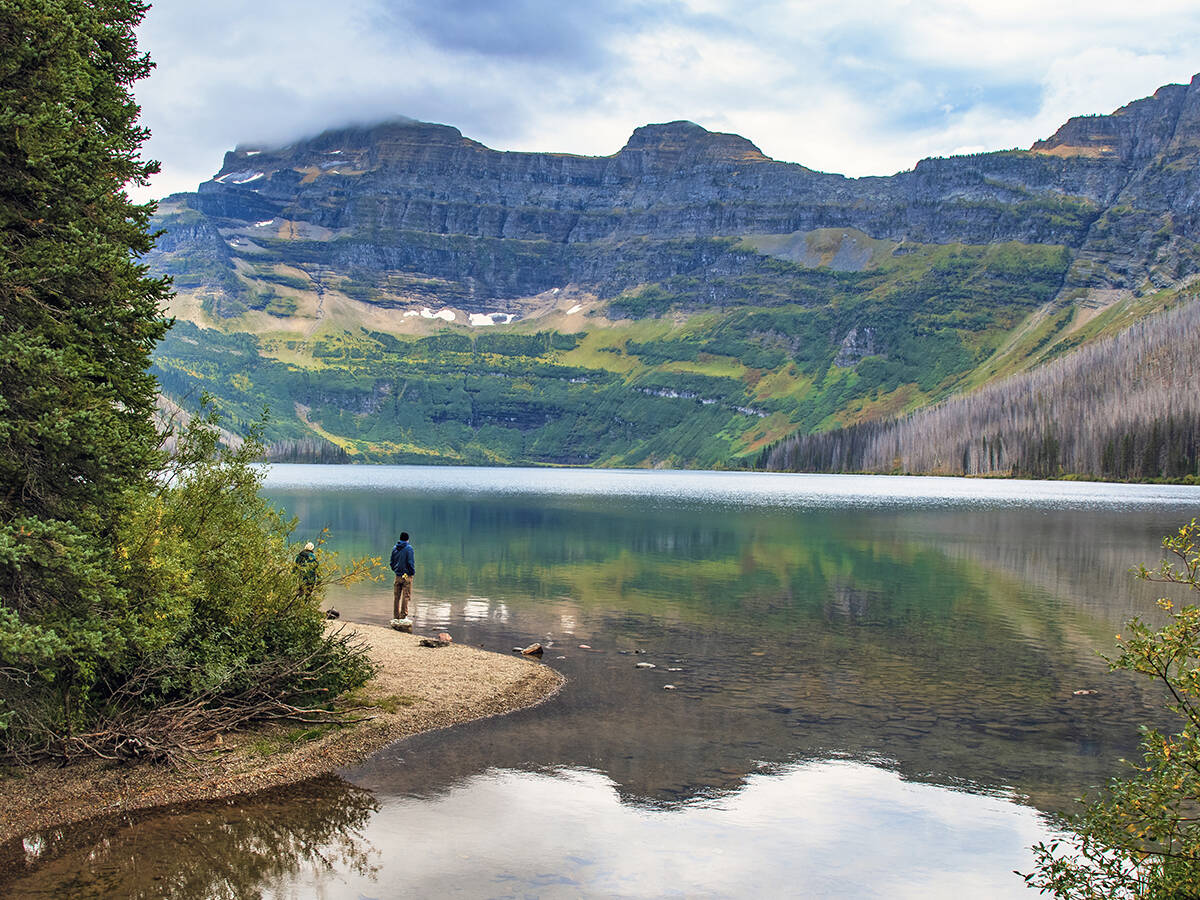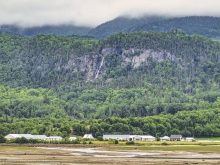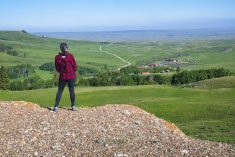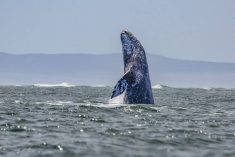Waterton Lakes, the smallest of the Rocky Mountain national parks, sits in the southwestern corner of Alberta. While worth visiting any time, our favourite season is fall with fewer people, pleasant weather and a better chance of seeing wildlife.
Unlike other Rocky Mountain parks such as Banff and Jasper, Waterton lacks foothills. Prairies and peaks jut up against each other, accounting for the rich diversity in grassland and alpine landscapes.
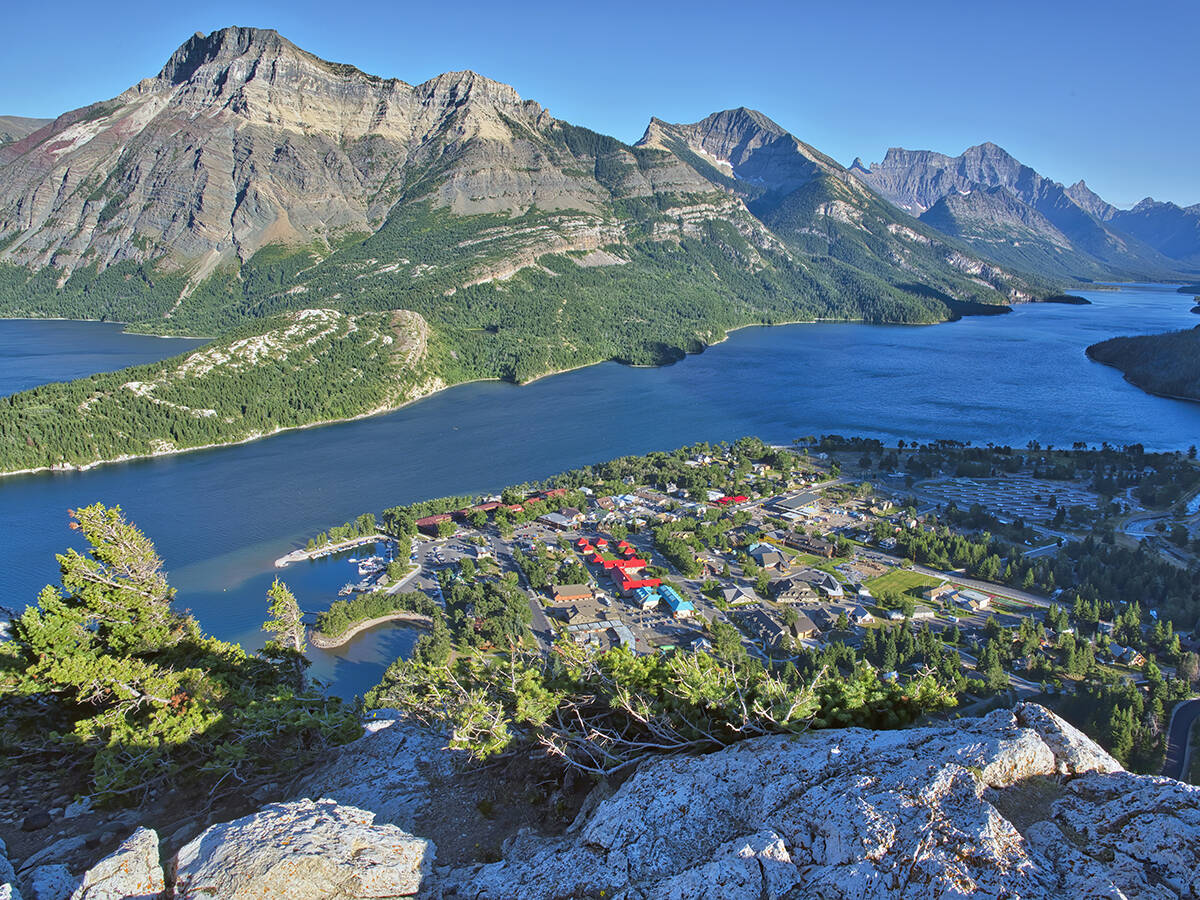
Waterton has more plant species than anywhere in the Canadian Rockies, and half of the plant species found in Alberta.
Another big difference is the fairly low-key nature of the park’s townsite, especially when compared to bustling Banff, which contends with crowds, heavy traffic and parking problems well into fall.
Read Also

Know what costs are involved in keeping crops in the bin
When you’re looking at full bins and rising calf prices, the human reflex is to hold on and hope for more. That’s not a plan. It’s a bet. Storage has a price tag.
While smaller, Waterton townsite has all the essentials, such as a range of accommodation, grocery stores and eateries featuring everything from take-out to fine dining.
The park’s main campground sits on the edge of town on the shore of Upper Waterton Lake.
A focal point is the fairly new visitor centre, an impressive structure filled with exhibits that provide a great introduction to the park.
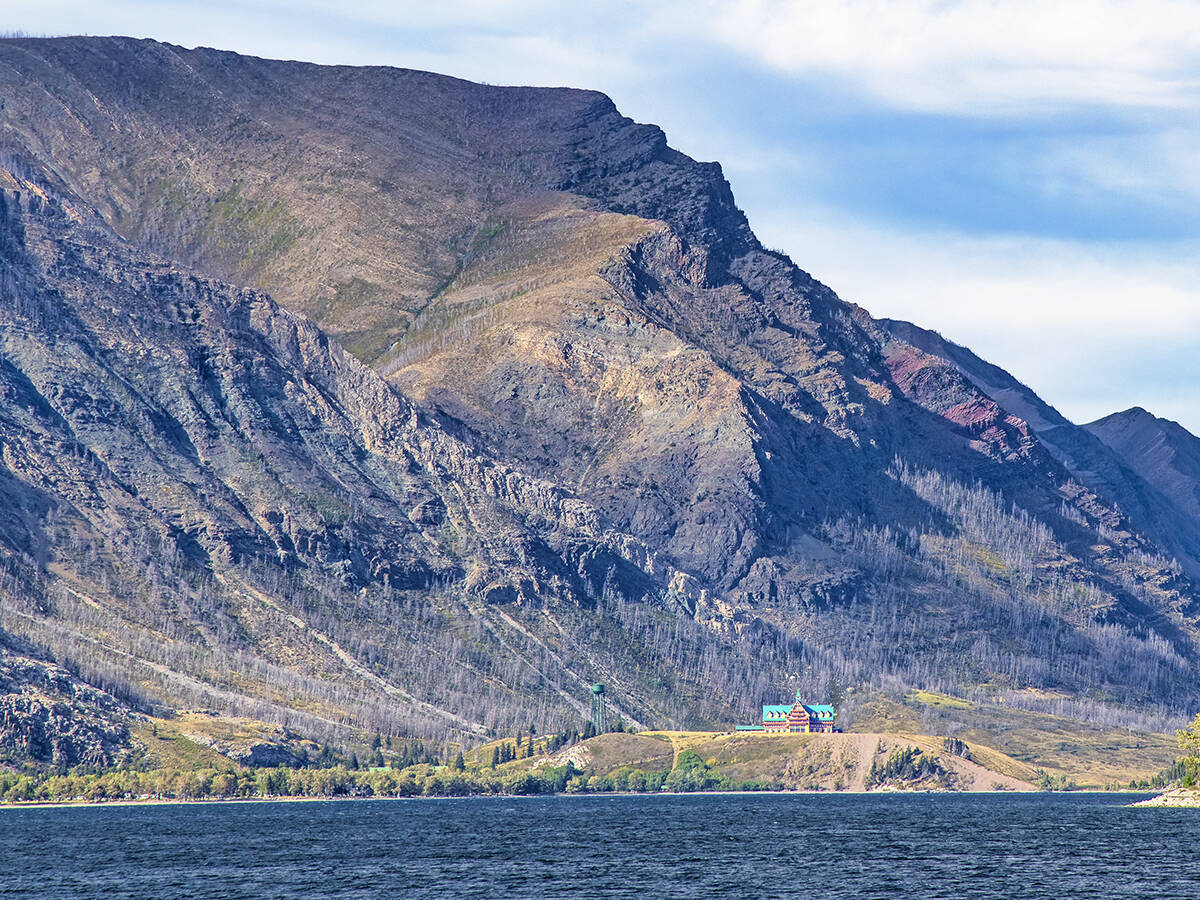
The Prince of Wales Hotel, an iconic Waterton landmark, is a grand 1920s railway hotel offering some of the best views anywhere in Canada. Visitors can wander around the massive lobby and take in the historic ambience.
Just across the border from Waterton is Glacier National Park in Montana, and together they make up the Waterton Glacier International Peace Park. Designated in 1995, it became the first park of its kind in the world.
While border relations have become strained recently, the park remains a bright spot for international co-operation, at least so far.
We can even take an international cruise. Waterton townsite sits at the northern end of Upper Waterton Lake, while the southern end of the long, narrow lake extends across the border into Montana.
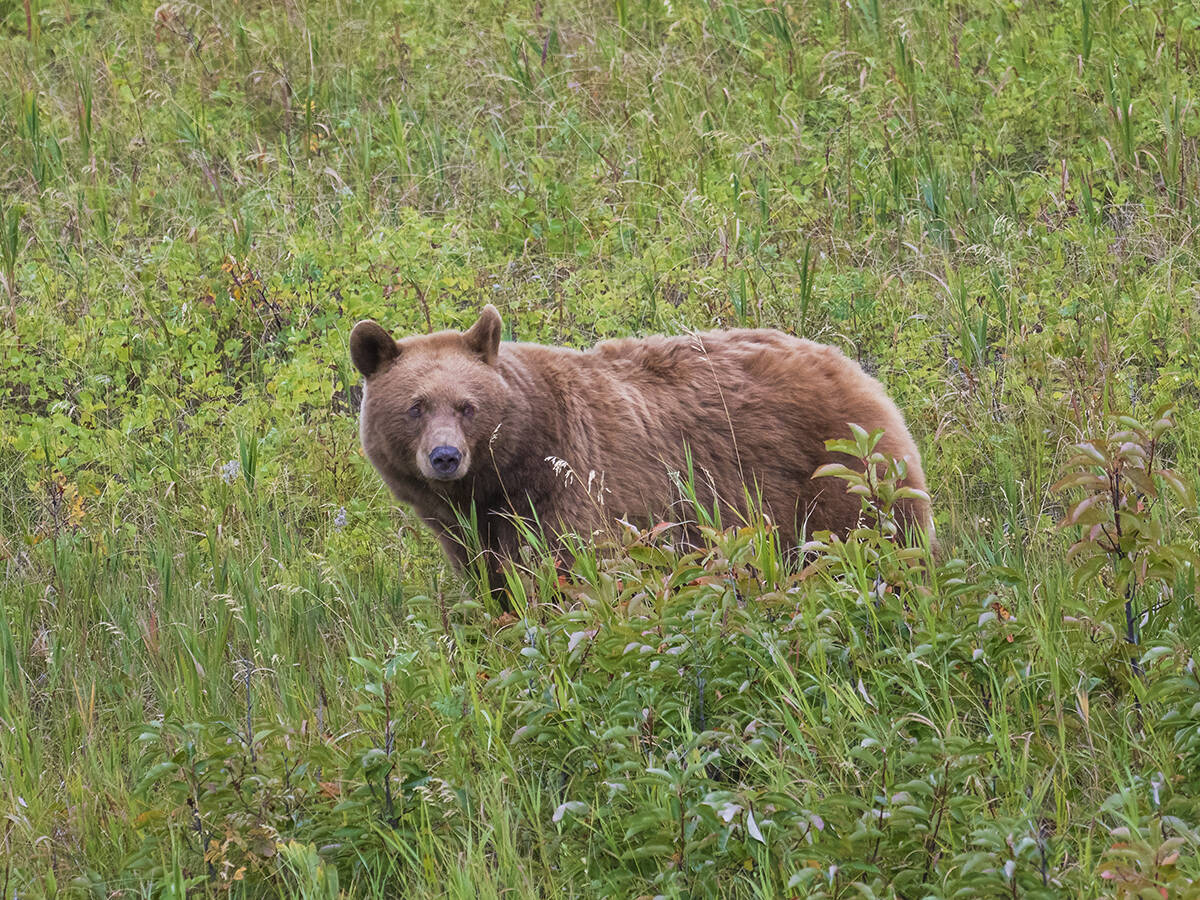
Waterton Shoreline Cruise operates a boat trip that travels the length of the lake and stops at Goat Haunt Ranger Station in Montana, with no road access.
The boat, the M.V. International, was built in 1927 and is the oldest passenger vessel operating in Canada. While completely refurbished, it still retains its early 20th century look.
During the half-hour stop, a U.S. park ranger tells us what makes this part of the park so special. No passports or border formalities are required. However, if you drive or hike to the U.S. side of the park, then passports and border check-ins are needed.
We have always had good sightings of wildlife in Waterton, especially bears and bighorn sheep.
Fall brings another highlight — the elk rut — in which bulls gather their harems, bugle loudly and sometimes clash with competing bulls. Watch for elk just north of the townsite along the roads near the riding stables.
The park has a captive herd of bison that roam in a large fenced enclosure. Driving along the road that winds through the paddock, we not only get close to these Prairie giants but also have a better feel for the unique landscape where bison wander the grasslands against a dramatic mountain backdrop.
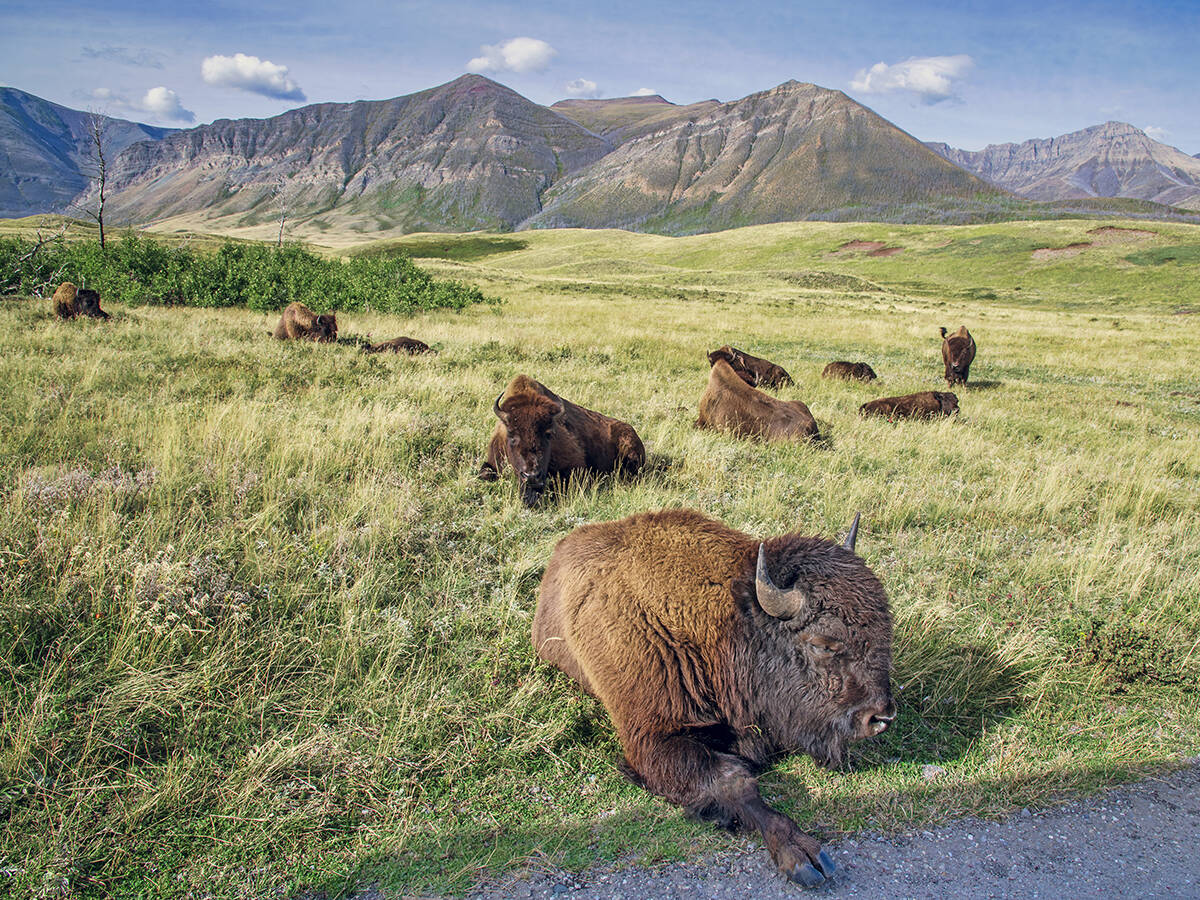
The 15-kilometre route to Red Rock Canyon stands out as the top scenic drive.
The red argillite rock is such a dazzling hue that it seems unreal.
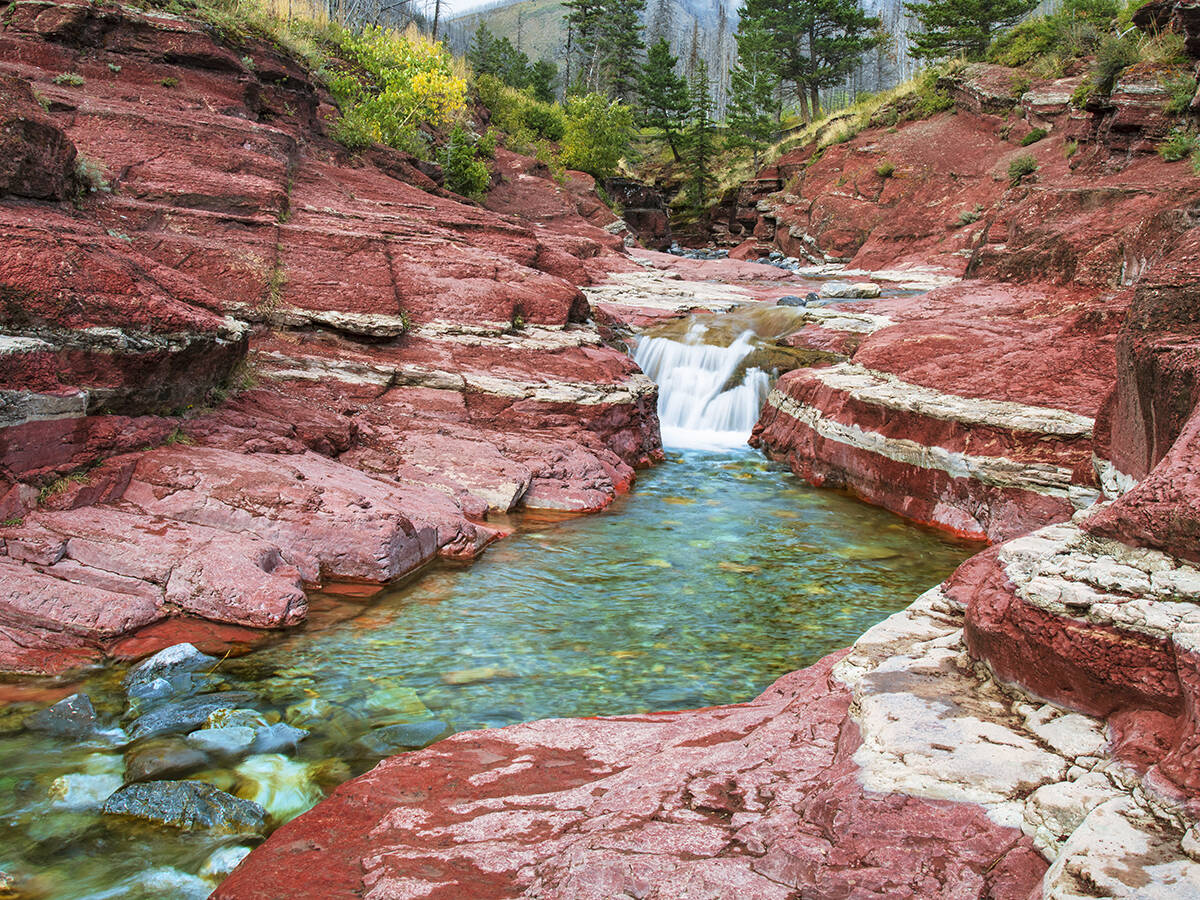
Easy walking trails line both sides, with bridges crossing the narrow canyon.
To extend your walk, it’s only a kilometre to Blackiston Falls, where viewing platforms provide close views of the powerful cataracts.
Another popular drive winds up the mountains along the 16-km Akamina Parkway to scenic Cameron Lake. Viewpoints, picnic sites and hiking trailheads line the route. An unexpected spot is an historic site commemorating the first producing oil well in Western Canada, drilled here in 1902.
Officially designated an International Dark Sky Park, Waterton is ideal for stargazing.
To learn more, we took a nighttime excursion with resident Keith Robinson, who runs Dark Sky Guides.
Through his powerful telescope, we could clearly see celestial bodies, including craters and valleys of the night’s full moon. He even has special tilting chairs that prevent neck strain while watching the night sky.
More recently, Robinson opened a planetarium in the townsite where you sit under a dome to watch film presentations on the night sky from an unusual 360-degree projector.
New in 2025, Waterton will host Dark Sky Discovery Days Sept. 26-28. It will feature night sky viewing sessions, talks on the aurora borealis, workshops and music and storytelling under the stars.
For more information, visit watertontourism.com.


